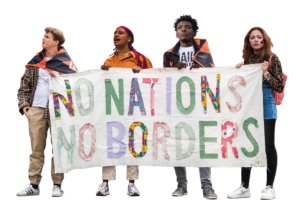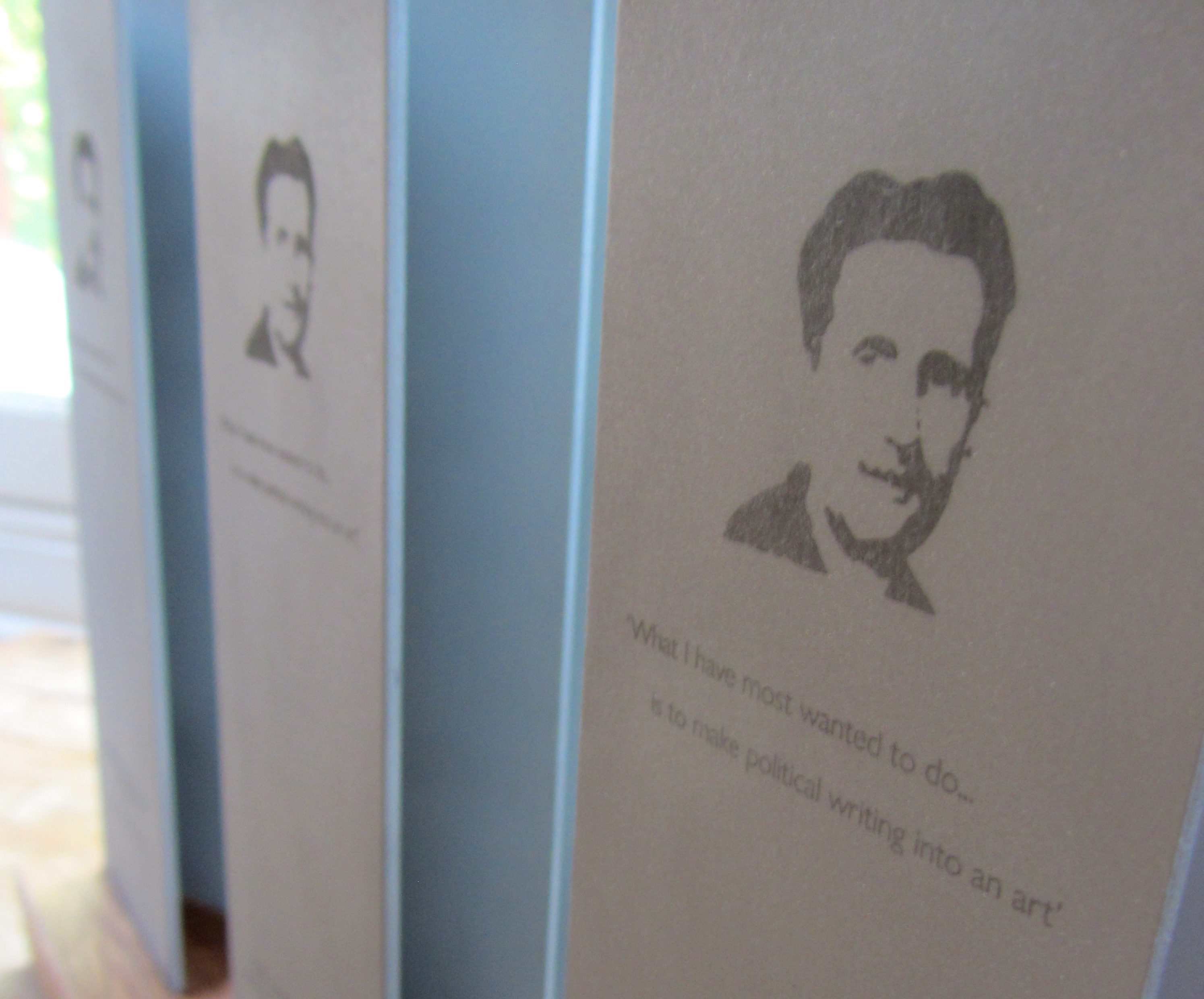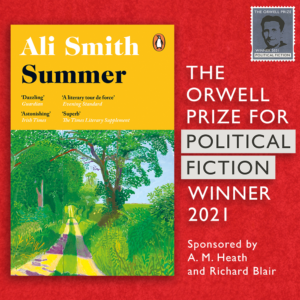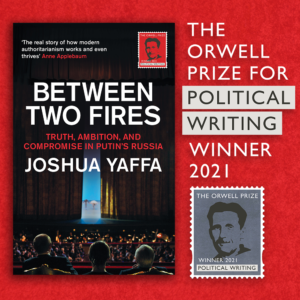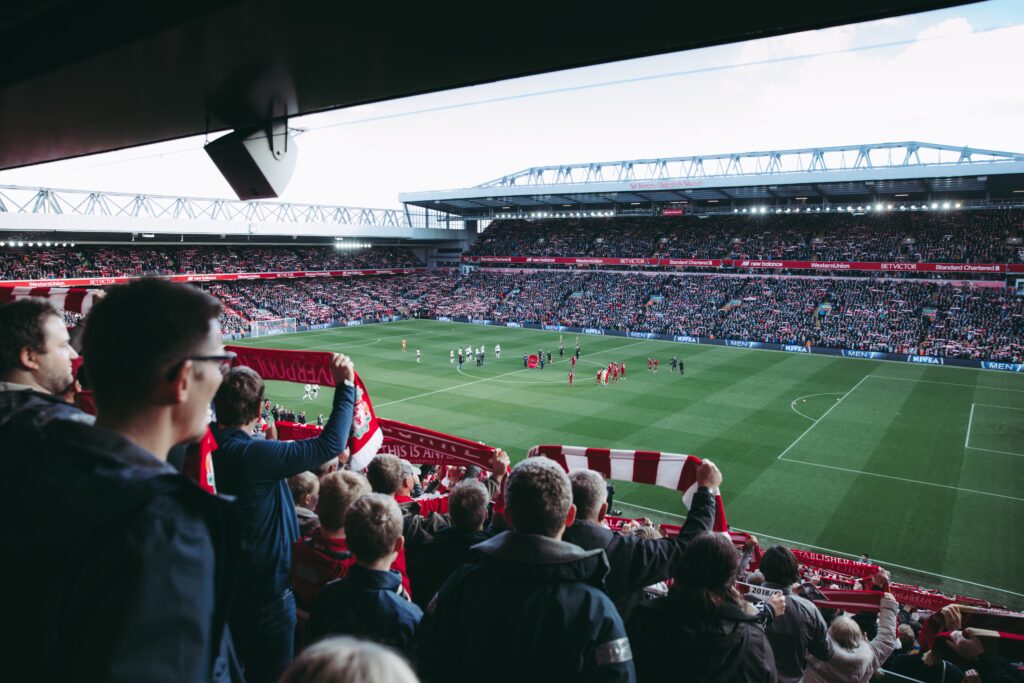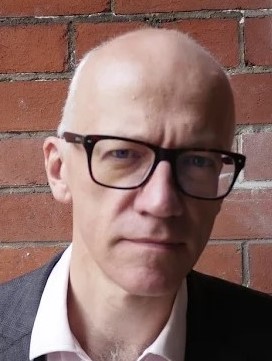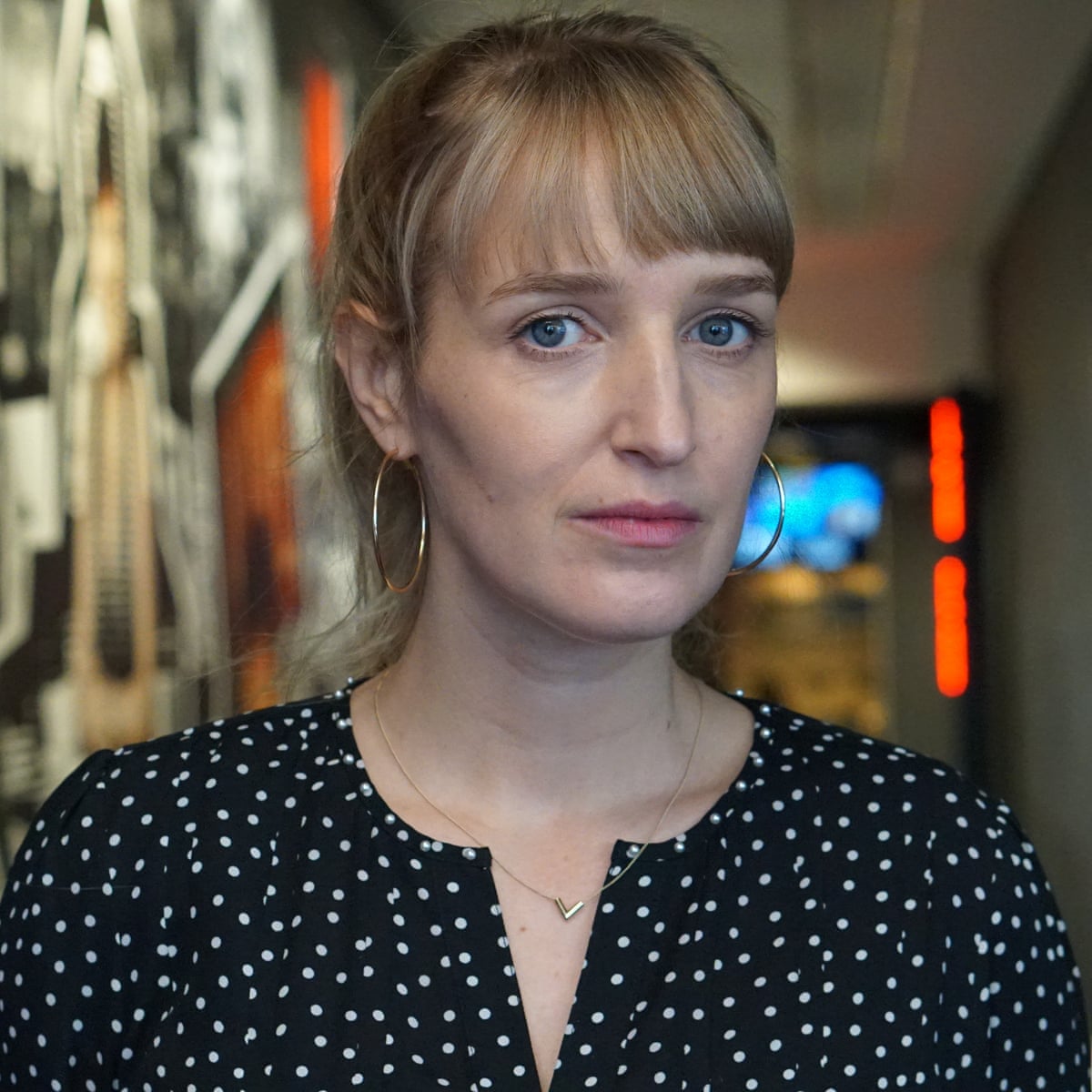“The remarkable achievement of the text is to correctly, clearly and captivatingly expose the correlation between historically systemic and modern issues; and how, despite that, women around the globe continue to play an indispensable role in solving them.” – Dan Bernardo
Every day, 37-year-old Zeitu from Ethiopia walks five miles, lugging enough water to support her seven children. [1] Lately, her 15-year-old daughter Zahra has joined her, often missing school as a result. Zeitu and Zahra are by no means alone: millions of women in many rural communities are responsible for maintaining the household’s water, energy, and food supply, as well as childcare. Women make up 50-80% of food production worldwide, yet own only 10% of land. [2] As a result, women make up 70% of the world’s 1.3 billion poor, [3] so are more affected by threats to land and natural resources, and therefore climate change. Moreover, they have less access to technology that would help them to adapt to climate change, and are less involved in decision making, so are unable directly to affect change concerning the environment.
After the 1991 Bangladesh cyclone, 90% of fatalities were women and children. In many cases, women, impeded by clothes or unable to swim due to ideas around modesty, could not flee. [4] This tragedy exemplifies how increasingly common extreme weather events will disproportionately affect women. During climate disasters, women’s responsibilities mean that they must work more, and harder, leaving less time for education and earning income: women are rendered unable to migrate and seek refuge. Furthermore, when struggling financially, families may remove girls from school to work or get married. [5]
After Hurricane Katrina in the USA, violence from men towards women rose by 98% [6] – just one example of how climate disasters have complex social effects on women which intertwine with their domestic lives. Women’s health often declines after a disaster, due to reduced access to adequate maternity care, or spending long hours in drought conditions that cause heatstroke, and women become more vulnerable to domestic violence, sexual assault, and trafficking – a concept coined ‘climate violence.’ Men feel they should protect women, and frustration at their failure to do so leads to violence. As the economy suffers after a climate disaster, women struggle more to find jobs; nine in ten countries have laws preventing women from the same economic opportunities as men, including banning women from factory jobs, working at night, or getting a job without permission from husbands. [7]
However, this is not to say that women are utterly helpless in these situations. These expectations imposed on women in many cultures can be harnessed in times of climate disaster. Skills involving water storage, food preservation, and management of natural resources can, with adequate female representation in power, be invaluable. Said representation is sadly minimal, with only one quarter of people brought onto TV to talk about the climate in 2020 being women, [8] and even fewer women of colour. There is, obviously, no evidence to suggest that women are less competent in decision-making roles – quite the contrary; women often recognise the risk around climate change’s proposed ‘solutions’ more. Indeed, white males have been proven to possess a lower risk perception, so are likely to take bigger, more dangerous risks: the ‘white male effect’, [9] a phenomenon proved by the Women’s Environment and Development Organisation (WeDo). Perhaps unsurprisingly, carbon dioxide emissions per capita are lower in nations with more women in government, and a study of the European parliament showed that women are more likely to support environmental legislation. [10]
Moreover, many women internationally have been given agency to recover from and prevent issues arising from climate change. Activist Charlot Magayi established the Mukuru clean stoves initiative to help women in Kenya replace cooking stoves with greener alternatives, and women in Africa are heading the initiative Solar Sister, which helps communities build small-scale solar grids to be more in control of their energy source. The Barefoot College, set up in India, trains women to be solar engineers to, again, control their own energy production. The latest G7 summit had a section on gender and climate change, and charities like ActionAid are working with women to empower them into leadership roles. International financing funds now require systems to include women in programmes- for instance, the International Fund for Agricultural Development, which prioritises women farmers. [11]
Women all over the world are empowering others and overseeing change. Kenya’s Dr Wangari Maathai was the first African woman and environmentalist to receive the Nobel Peace Prize in 2004. While nowadays Greta Thunberg is a familiar female face of the climate activism movement, few remember that Maathai, an African female environmentalist orchestrated the ‘Green Belt movement,’ for women to plant and look after trees. Thanks to this movement, tree nurseries have been built, fifty-one million trees planted in Kenya alone, and women trained in things like beekeeping. [12]
Another African woman who has made a huge impact is Isatou Ceesay, who founded the One Plastic Bag recycling movement in Gambia, and a project that produces bags made of recycled waste and gives many West African women jobs. Alongside these stories are American marine biologist Rachel Carson, who helped ban DDT and to establish Earth Day, and sailor Emily Penn founded eXXpedition to carry out women-only plastic pollution expeditions. [13] Yet still, there are dozens of unsung female heroes of environmental activism, whose voices are rarely heard. In the USA, two-thirds of those who organise climate strikes are women, [14] and female scientists in Africa are bringing their knowledge of agriculture to laboratories and research departments.
The only thing that can solve any of these problems is true gender equality, and there are still countless examples of a gender divide evident in any environmental negotiations. For example, the UK leadership team for COP26 was originally 100% men; disparities in vaccine access worldwide meant that who was able to attend COP26 was unjust. [15] Things need to be tackled at the fundamental level: inequalities in job opportunity, domestic roles, and education need to be eradicated. A step towards this should entail women-only policies in any development schemes, and more female representation in decision-making. We must work together to build a ground-level network that stretches worldwide, to ensure that no-one, man, woman, or child, is left behind as the world changes irreversibly every day.
1 ‘Women and children walk up to 20,000 steps a day for water, reveal WaterAid and Wimbledon Foundation’, Water Aid UK, 9th July 2018
2 Balgis Osman-Elasha, ‘Women… In the Shadow of Climate Change,’ UN Chronicle, accessed 10th March 2022
3 Ibid.
4 How To Save a Planet, ‘We Can’t Solve the Climate Crisis Without Gender Equality, We’ll Prove it to You.’, Spotify podcast, 6:29, September 2021,
5 ‘Climate Change and Gender’, Action Aid UK, updated 17th November 2021,
6 ‘We Can’t Solve the Climate Crisis Without Gender Equality, We’ll Prove it to You.’, 9:05
7 ‘Climate Change and Gender’, Action Aid UK
8 ‘We Can’t Solve the Climate Crisis Without Gender Equality, We’ll Prove it to You.’, 17:41
9 ‘We Can’t Solve the Climate Crisis Without Gender Equality, We’ll Prove it to You.’, 15:14
10 ‘We Can’t Solve the Climate Crisis Without Gender Equality, We’ll Prove it to You.’, 19:43
11 Joe McCarthy, ‘Understanding Why Climate Change Impacts Women More Than Men’, Global Citizen, 9th March 2020,
12 ‘We Can’t Solve the Climate Crisis Without Gender Equality, We’ll Prove it to You.’, 22:51
13 ‘Beyond Greta Thunberg: the Women Fighting Against Climate Change’, Acciona, accessed 10th March 2020
14 ‘We Can’t Solve the Climate Crisis Without Gender Equality, We’ll Prove it to You.’, 41:58
15 ‘We Can’t Solve the Climate Crisis Without Gender Equality, We’ll Prove it to You.’, 44:51
We asked our 2021 and 2020 Orwell Youth Fellows to interview our new 2022 winners and runners up. Below, 2021 runner-up Marnie McPartland interviews Ruby Kalayil-Peacock about the importance of research and the inspiration behind her essay ‘Women and Climate Change’. You can also read Marnie’s 2021 article ‘Equality in Education’ here.
- You support your argument with multiple interesting sources. How did you go about your research and what do you think such evidence adds to the piece?
I mainly conducted my research online, using Google, and particularly the websites for the United Nations and ActionAid, both organisations committed to combatting gender inequalities and climate change worldwide. I felt it was important to include plenty of concrete, quantitative evidence in my piece, as it seems that often issues surrounding climate change and gender inequality can feel rather abstract and distant, and I wanted to ensure that I made it clear quite how grave these problems are. There are people who still deny their existence, and so I felt I should prove it using factual evidence.
- What inspired you to approach the climate crisis from the angle of women’s involvement?
I first heard about the increased effects of the climate crisis on women from a podcast that I was listening to, and was deeply surprised that I had never heard this topic being discussed before. I decided to write this piece to bring about awareness, and thought that if I approached the subject of the climate crisis from a more social angle, not simply an environmental one, I could convey how deeply human beings are affected by what can otherwise feel like a rather abstract concept; as we in the Western world do not often feel the direct effects of the climate crisis, we do not always fully grasp its severity.
- Do you think your conclusion that inequality in the crisis ‘need[s] to be tackled at a fundamental level’ is achievable?
I do feel that tackling inequality between the sexes at its root, and therefore greatly reducing the increased effects of the climate crisis on women, is achievable. Indeed, I feel it is the only truly effective way of dealing with this ancient issue. A lot of ‘action’ being taken against sexism can be seen as simply papering over the cracks when it is too late, and I think that governments worldwide should make it their mission to tackle disparities in education and job availability between the sexes. I concede that changing deeply-engrained attitudes and practices is by no means easy, but it is certainly achievable.
Find out more about all our Orwell Youth Fellows here and buy their climate crisis zine, Axial Tilt here.
Enter the 2023 Orwell Youth Prize here.

